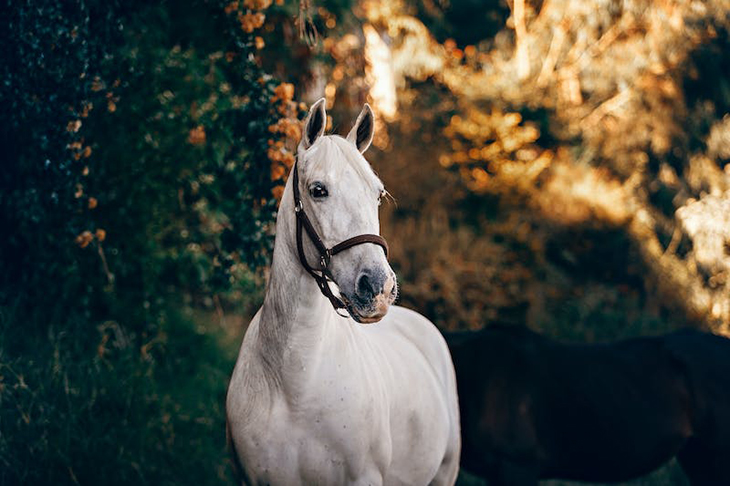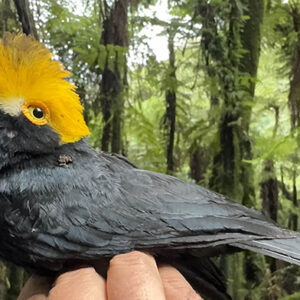
A groundbreaking study has shed light on the incredible emotional sensitivity of horses, an unlikely subject when it comes to animals. However, the study has revealed that horses’ ability to discern not only overt human emotions like joy and anger but also subtle, low-arousal emotions such as sadness.
This newfound insight into equine emotions expands beyond facial expressions, encompassing the sounds emitted by the individuals horses observe.
Horses, it appears, possess a heightened sensitivity to their environment, surpassing even other domesticated animals like dogs. Their unique evolutionary journey, marked by close cooperation with humans and their innate status as herd animals of prey, has honed their capacity to perceive changes in emotional landscapes with exceptional acuity.
Conducted as a collaborative effort between Finnish and French researchers, this study aimed to investigate whether horses could distinguish human sadness both in facial expressions and emotional vocal cues.
Plotine Jardat, lead author of the study and doctoral researcher at the University of Tours, explained, “Sadness is an intriguing emotion, as it is not only negatively charged but also represents a low arousal state. Previous studies have demonstrated that horses respond to high arousal emotions, like anger or joy.”
“However, can they also detect cues of low arousal emotions, like sadness? We wanted to investigate whether horses can associate human expressions of sadness with the corresponding sounds, as they do with joy and anger,” she added
To examine this, the researchers presented horses with images of joyful and sad human faces accompanied by sounds and tones associated with human joy and sadness. The findings were illuminating: when sad tones coincided with a sad face or joy with joy, the horses swiftly adjusted their attention. However, when a joyful face was paired with sorrowful sounds or vice versa, the horses appeared perplexed, fixated on the images for extended durations.
A doctoral researcher from the University of Turku, Océane Liehrmann, told the Finnish Times,
“This is intriguing because it would mean that when horses observe our faces and hear our voices, they do not perceive them as separate stimuli, but can integrate them across different sensory modalities.”
During the experiments, horses demonstrated a proclivity for fixating on joyful human expressions, accompanied by an increase in their heart rate. Researchers believe that this preference might be attributed to the richer colors and movement typically associated with joyful imagery or, alternatively, the horses may have linked joyful expressions to pleasant memories from their own experiences.
In addition, the study also marks the beginning of a deeper exploration into horses’ amazing abilities to detect and interpret emotions. Researchers are eager to look further into a horse’s capacity to identify sadness, especially in scenarios where it coexists with other negative emotions.
This journey into the intricacies of equine emotional intelligence not only enhances our understanding of these magnificent creatures but also deepens the bond between humans and these four-legged companions.
What are your thoughts? Please comment below and share this news!
True Activist / Report a typo


